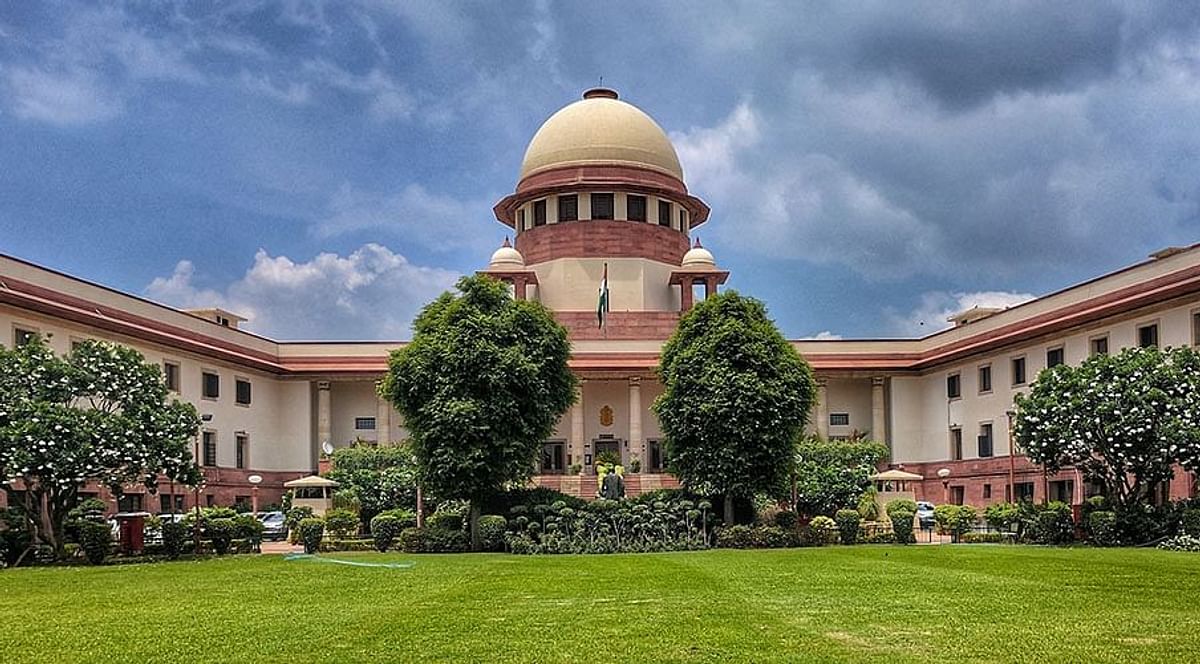

CJI Advocates for Institutional Growth Without Implying Flaws
During a recent lecture organized by the Marathi daily Loksatta, Chief Justice of India D Y Chandrachud emphasized the need for improvement within institutions, particularly the collegium system for appointing judges. He highlighted that while every institution can enhance its processes, this should not imply that something is fundamentally flawed with them.
CJI Advocates for Institutional Growth Without Implying Flaws

During a recent lecture organized by the Marathi daily Loksatta, Chief Justice of India D Y Chandrachud emphasized the need for improvement within institutions, particularly the collegium system for appointing judges. He highlighted that while every institution can enhance its processes, this should not imply that something is fundamentally flawed with them.






 OpinionExpress.In
OpinionExpress.In















Comments (0)